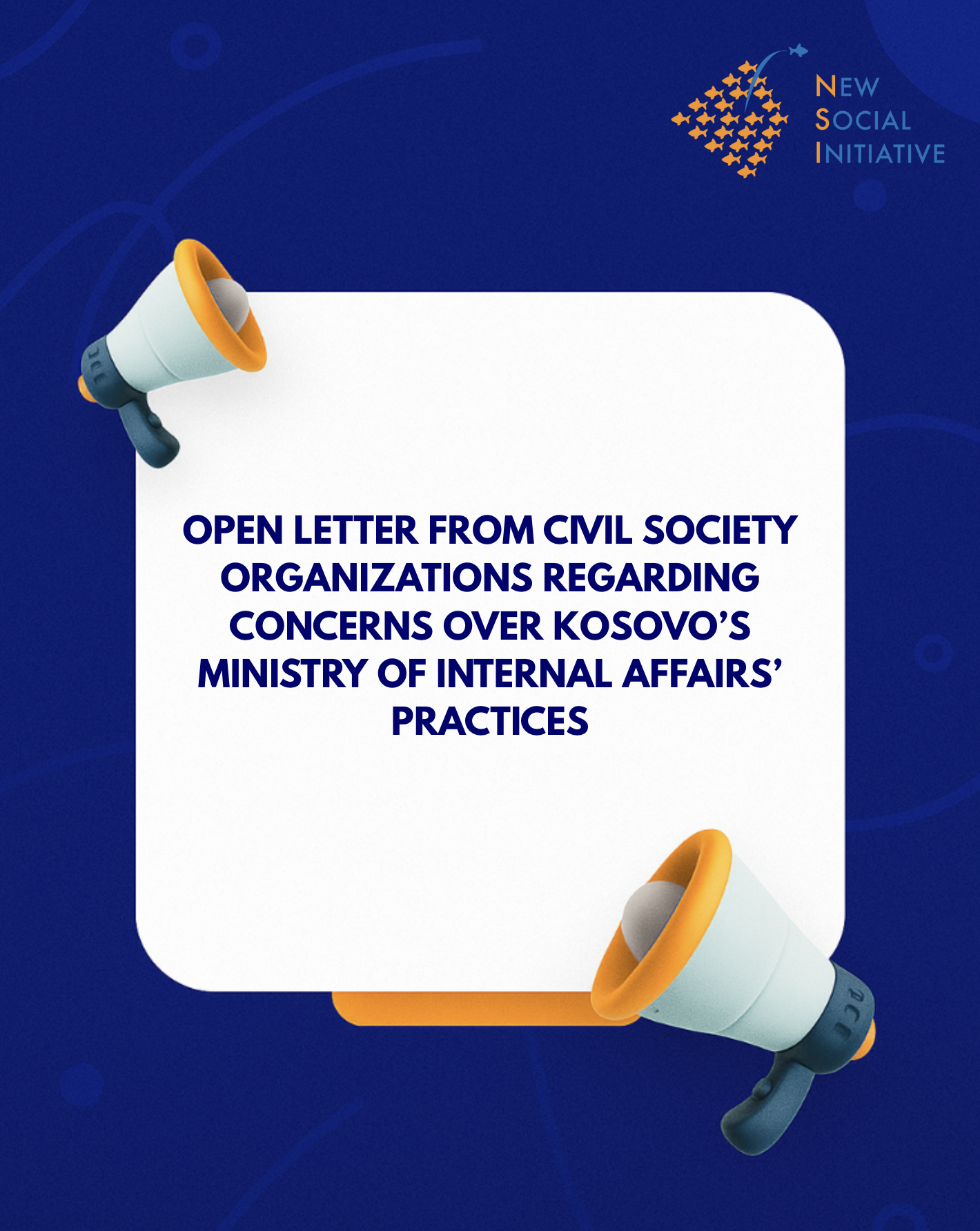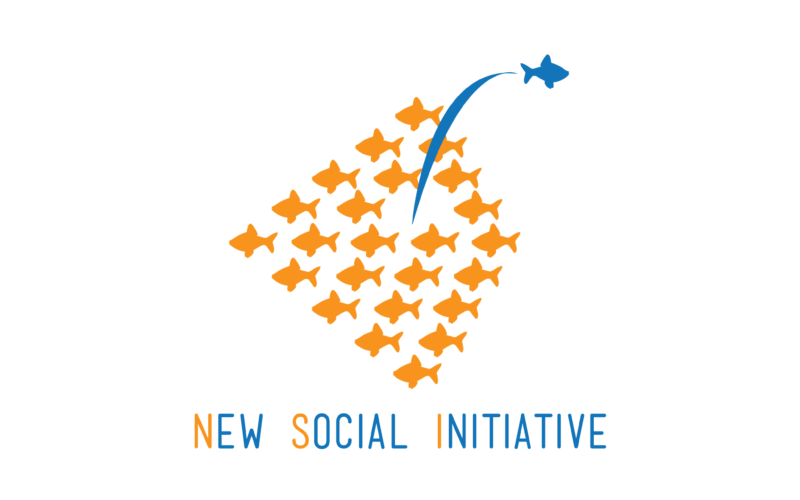
These principles are designed to enhance the contribution of civil society to normalization of relations between Kosovo and Serbia. In the spirit of fully-fledged normalization, we the undersigned undertake to:
1. Broaden debate about the normalization of relations beyond the EU-facilitated dialogue to incorporate issues that, if left unattended, will negatively impact future relations, including transitional justice, education, and people-to-people cooperation.
2. Develop consultative mechanisms to ensure joint statements are prepared through broad consultation, including with the affected communities, to ensure they are based on complete, timely, and accurate information. Such a process will examine elements such as:
a. Motivation – why is a particular statement being issued at this juncture?
b. Framing – how is the motivation for a statement presented to the audience in question?
c. Content – which areas have the statement failed to take into consideration, especially where minority communities are concerned?
d. Language – does the use of particular words or terminology needlessly antagonize relations between communities?
3. Maintain open channels of communication – including with central and local institutions – to provide perspectives from different communities, including consultative briefings on specific issues, thereby enhancing the quality of debates about issues related to the normalization of relations between Kosovo and Serbia.
4. Present human-centered perspectives on the impacts of the Kosovo-Serbia dialogue, both positive and negative, with a focus on the unintended or unforeseen consequences of implementation on daily life.
5. React to issues of common concern about civil society in Kosovo and Serbia (such as SLAPPs, media targeting, GONGOs, and donor funding etc.), to create a more conducive environment for civic engagement.
6. Engage in joint and coordinated advocacy vis-à-vis central and local governments, plus the international community, to promote tangible steps that could contribute to the normalization of relations between Kosovo and Serbia.
7. Jointly commend and criticize steps taken by central and local governments, plus the international community, that impact positively or negatively the normalization of relations between Kosovo and Serbia.
8. Adopt positions that encourage our communities to take proactive steps that contribute to normalizing relations between Kosovo and Serbia, especially where questions of integration and cooperation are concerned.
9. Pursue initiatives to uphold the rights of the most vulnerable members of society, regardless of which community they belong to, including reacting to instances of hate speech that negatively impact inter-community relations such as the denial of war crimes, glorification of war criminals, and ethnic slurs.
10. Raise the visibility of civil society’s contribution to the normalization of relations between Kosovo and Serbia by promoting one another’s initiatives, in particular positive stories of cooperation and people-to-people exchanges.
Each of these commitments is underpinned by a human rights-based principle that we will act based on what is right, not because we expect or demand a reciprocal response from others. In addition, we acknowledge the risks that civil society actors take when speaking out in public and will continue to be attentive to the context in which civil society operates.
Endorsed by:
1. Aktiv
2. Center for Peace and Tolerance (CPT)
3. Foundation Heartefact Fund
4. Institute for Public Research (IJI)
5. Musine Kokalari Institute for Social Policies
6. New Social Initiative (NSI)
7. Voice of Roma, Ashkali and Egyptians (VoRAE)
8. Professor Vjollca Krasniqi, University of Prishtina


